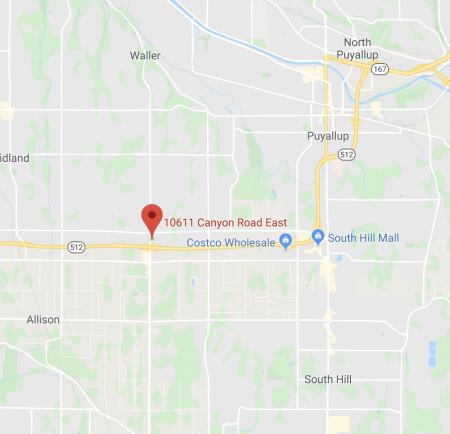Purchasing a new home is a very exciting process but can seem like a daunting task especially for first time home buyers. Researching key terms ahead of time will help your home buying process go as smooth as possible. Here are six helpful real estate terms to know.
Helpful Real Estate Terms to Know
Multiple Listing Service
The Multiple Listing Service (MLS) is a database of past and current relate estate listings in a given area. Each region has their own MLS and only licensed real estate agents have access to the listings. However, real estate agents can research listing in the MLS, and can send buyers direct links for listings.
Pre-Qualification vs. Pre-Approval
Two of the most helpful real estate terms to know are pre-qualification and pre-approval. A pre-qualification gives you a financial overview of the mortgage you may qualify for. When a lender takes a look at your credit, income and assets, and other key pieces of documentation, you are pre-qualified. While pre-qualification sounds like pre-approval, they are two different terms. A pre-approval is an official statement from the lender stating which specific mortgage and how much home you qualify for. Going to open houses with a pre-approval letter is a good idea as it tells the seller you are serious about buying at this time.
Closing Costs
Closing costs are in addition to the down payment and final sale price of the home. Because of this, closing costs should be considered when making your home decision. These costs usually make up 2 to 5 percent of the home price. Closing costs may include loan processing costs, title insurance, excise tax, and other forms of local taxes.
Escrow
The primary purpose of an escrow for a real estate title transfer is to have a trusted third party hold the seller’s deed to the property, which will be delivered to the buyer upon closing. Escrow offers protection for home buyer with funds being held until the deal is closed.
Earnest Money
Once you select a home, you put down a deposit, known as earnest money. This shows the seller you are committed to buying this specific home. Once deposited, earnest money is held in escrow while final contracts are finalized. When you do close on your home, these funds are applied toward your down payment and closing costs.
Fixed Rate vs. Adjustable Rate Mortgage
In a fixed rate mortgage, the interest stays the same for the life of the loan. In an adjustable rate mortgage, the interest rate can change over the course of the five, seven, or ten-year intervals (depending on the specific adjustable rate loan type).
You may also like: 4 Simple Ways to Save for a Down Payment





Leave a Reply
Want to join the discussion?Feel free to contribute!